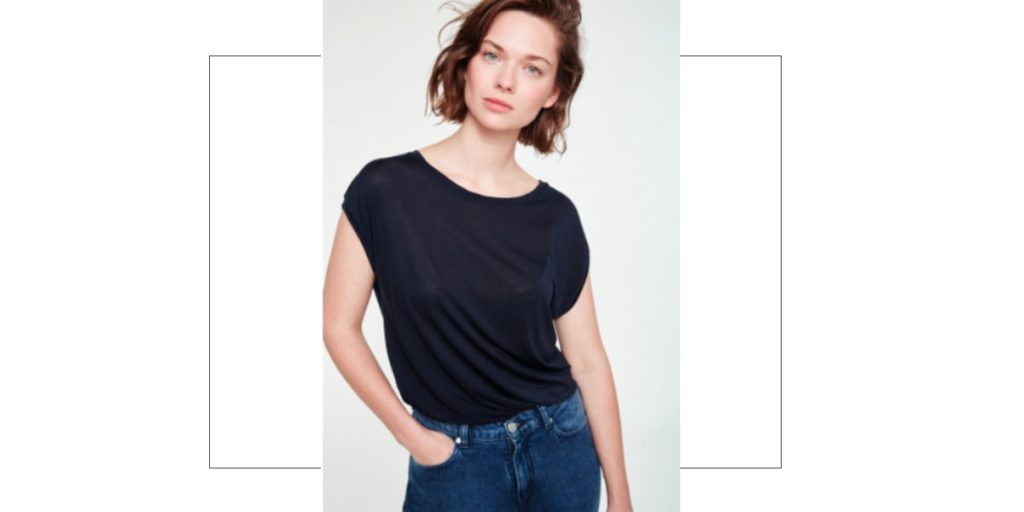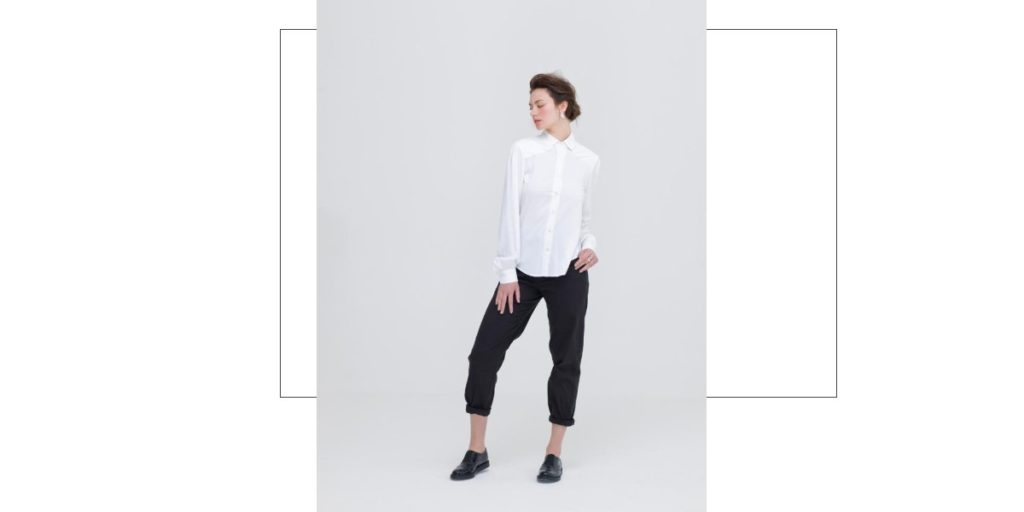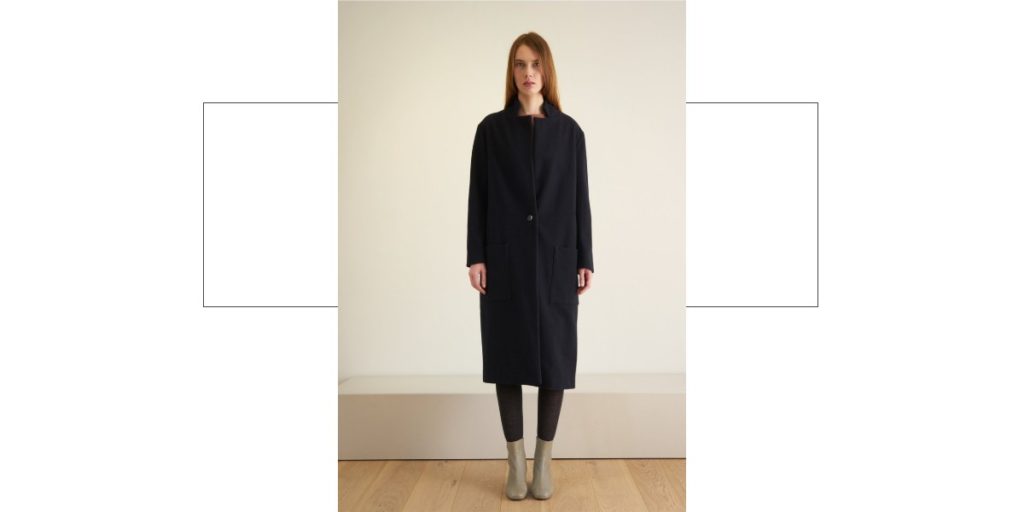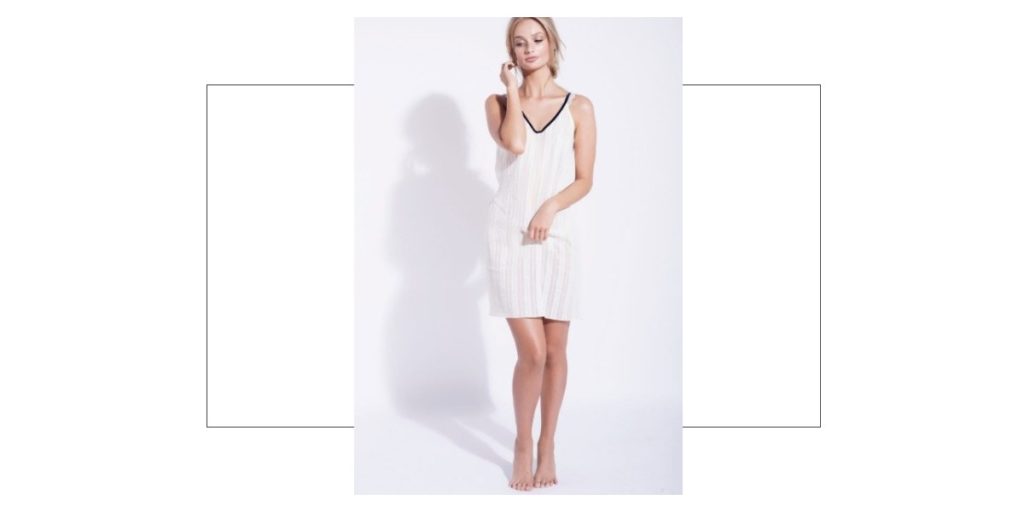In our previous blog ‘The most sustainable fabrics’, we introduced you to the first round of sustainable materials, from rPET to Organic Cotton. Alas, our Trusted Partner Green Story continued the investigation in search of the winner! Read on to find out which fabric was crowned the ultimate sustainable textile of the finals…
“There are a lot of factors and circumstances that make one fabric greener or better than the other, but we decided (tongue firmly in cheek) the best way was to have an old-fashioned tournament.” These following materials have been scored on Green Story’s 5 criteria; a mix of eco-friendly qualities, manufacturer and customer needs, and specific fabric properties. If you’re interested in finding out more, check out Green Story’s blog.
Bamboo or Tencel – which is more sustainable?
Tencel and bamboo are very similar fabrics in terms of how they’re made, so the competitive margin is small. Tencel is produced by parent company Lenzig using sustainably harvested trees and has closed-loop production processes. Bamboo is a rayon fabric, made from bamboo grass which grows quickly and in high yield.
Due to the tighter controls Lenzing has in place compared to the average bamboo fibre production facility, Tencel is arguably more trustworthy in its sustainability. Interesting right?
Mi Apparel | Armedangels JILAA T-Shirt

Zola Amour | Bamboo Shirt

Recycled Wool or Organic Cotton – which is more sustainable?
Both organic cotton and recycled wool are natural, biodegradable materials. Increasingly popular as replacements for their counterparts, they’ve become synonymous with sustainable fashion – organic cotton has certainly become a mainstream eco-friendly fabric.
Whilst recycled wool is by far the greener fabric and has minimal impact on water, organic cotton has unrivalled versatility, availability, and cost. Would you have guessed?
Mi Apparel | CUS TIMURrw Coat

Amaella | Organic Cotton Negligee

Tencel or Organic Cotton – the final question
With Tencel and Organic Cotton winning marginally, we come to the ultimate question.
On close examination, Tencel has more favourable product characteristics such as colour retention and durability for example. Quality control is also stricter for the tree-based material, with complexities around certification and legitimacy with Organic Cotton despite its abundance. So there we have it – Tencel is the most sustainable fabric based on Green Story’s carefully calculated criteria. Ta dah! Full marks to those who would have guessed that from the start.
The end of the competition
Rest assured, all these materials are fantastic sustainable options in their own right, but perhaps you’ll give Tencel some extra love when you next see it in a shop? We hope that you learnt something new from the competition – let us know your feedback in the comments.
Thank you to our partner Green Story for this fun, educational series. Keep your eyes peeled for more learning opportunities coming soon!

Amelie Jannoe is the content development coordinator for Roberta Style Lee & Ethical Brand Directory. You can find out more about the team here.
